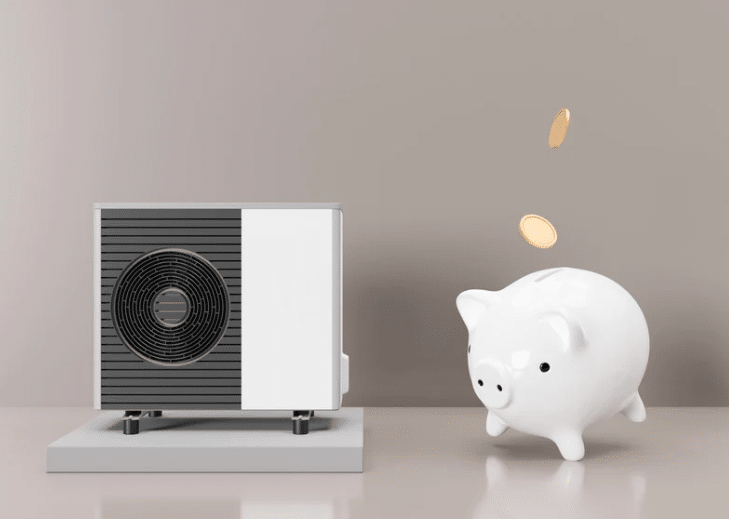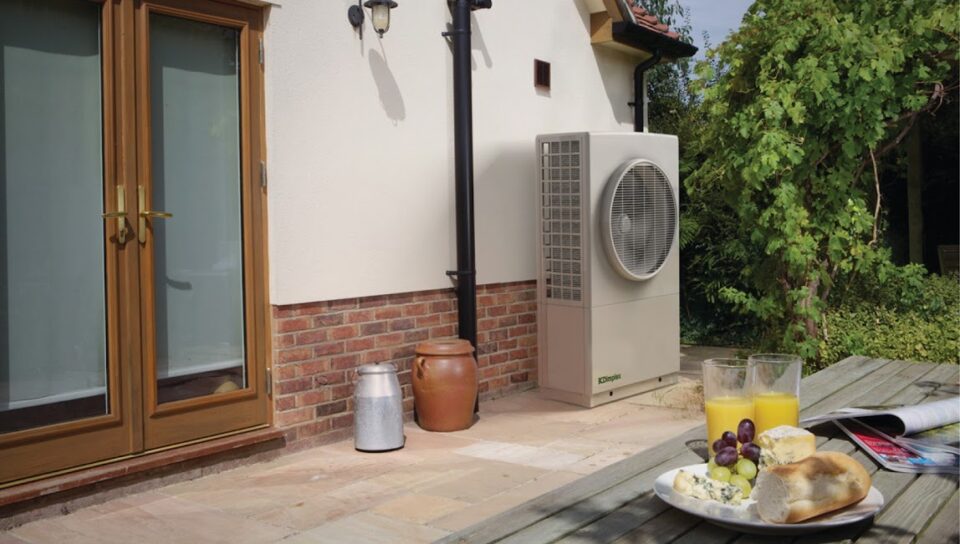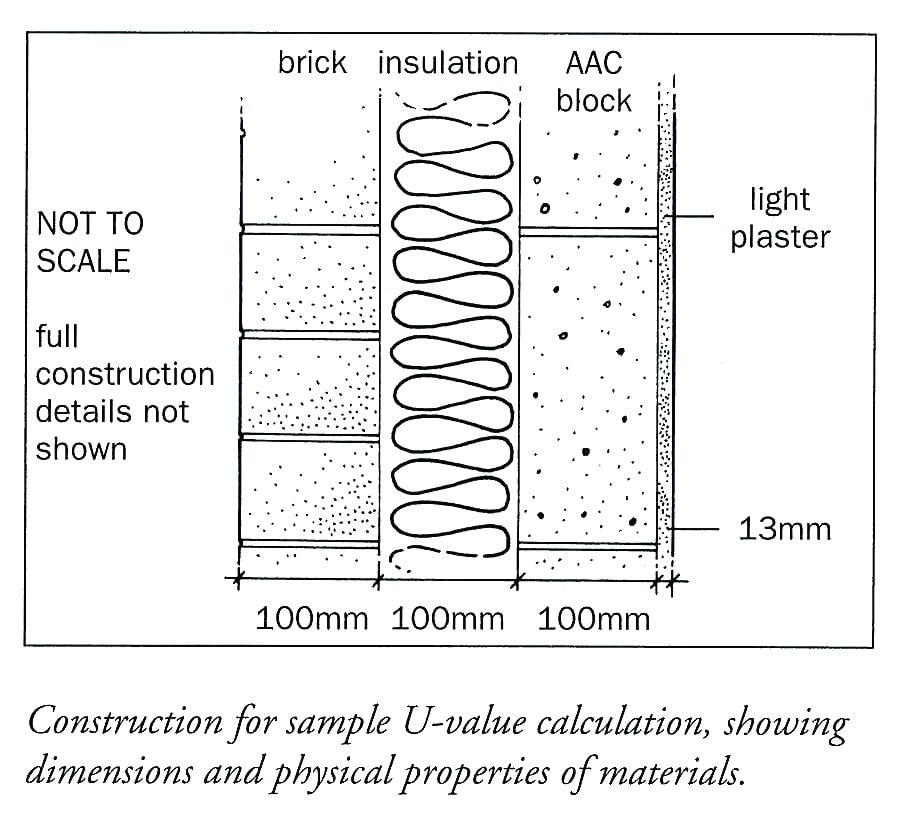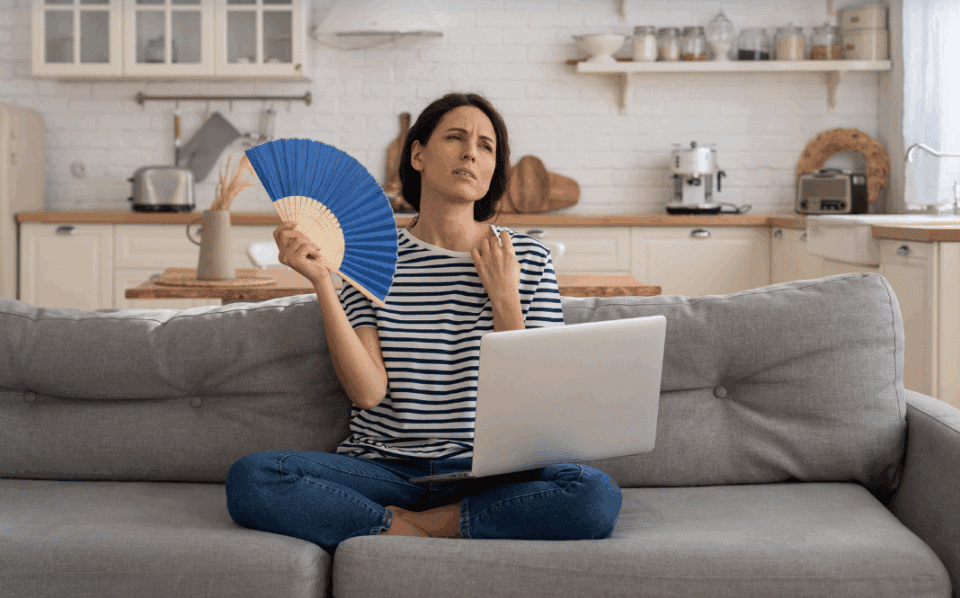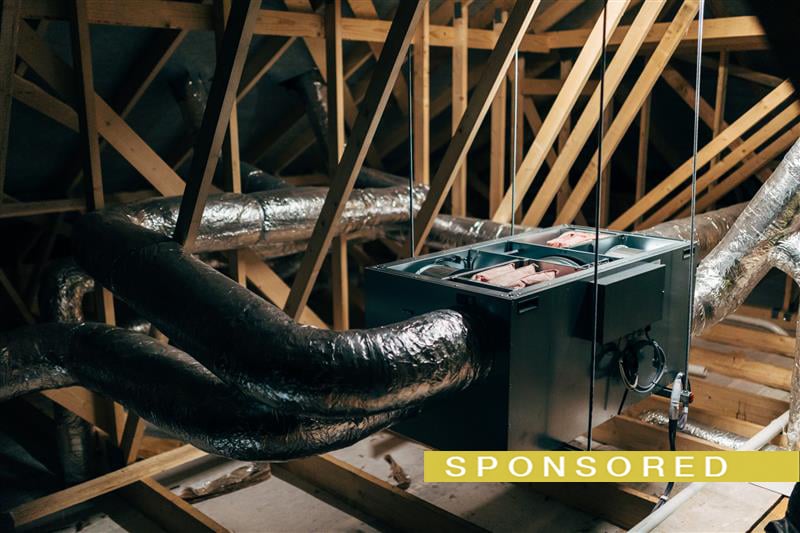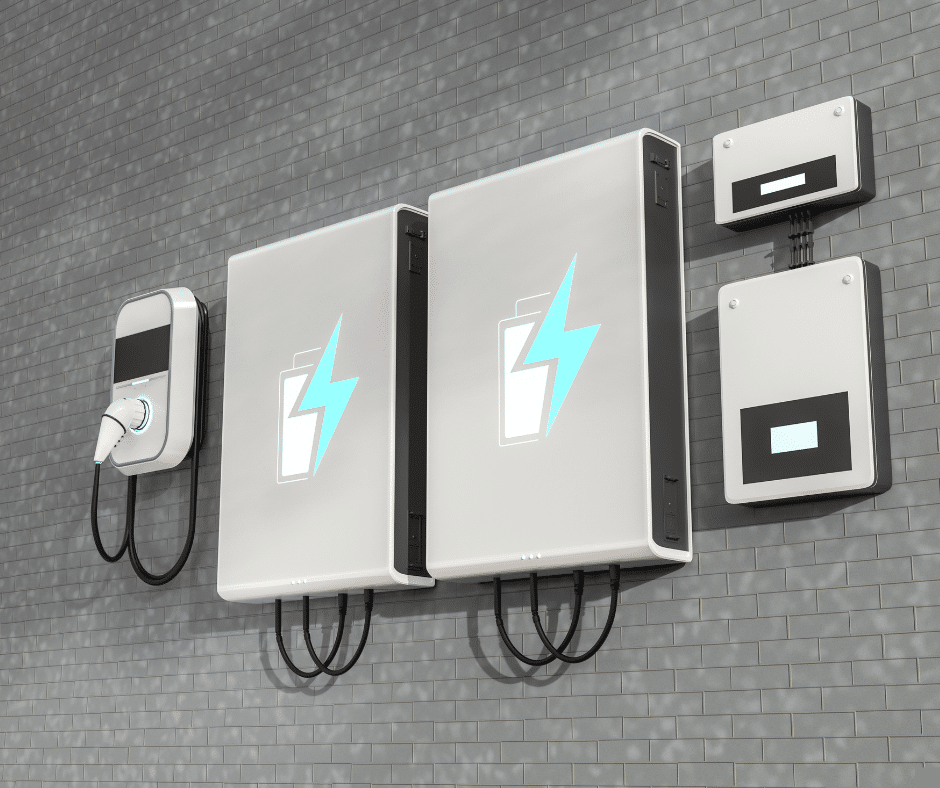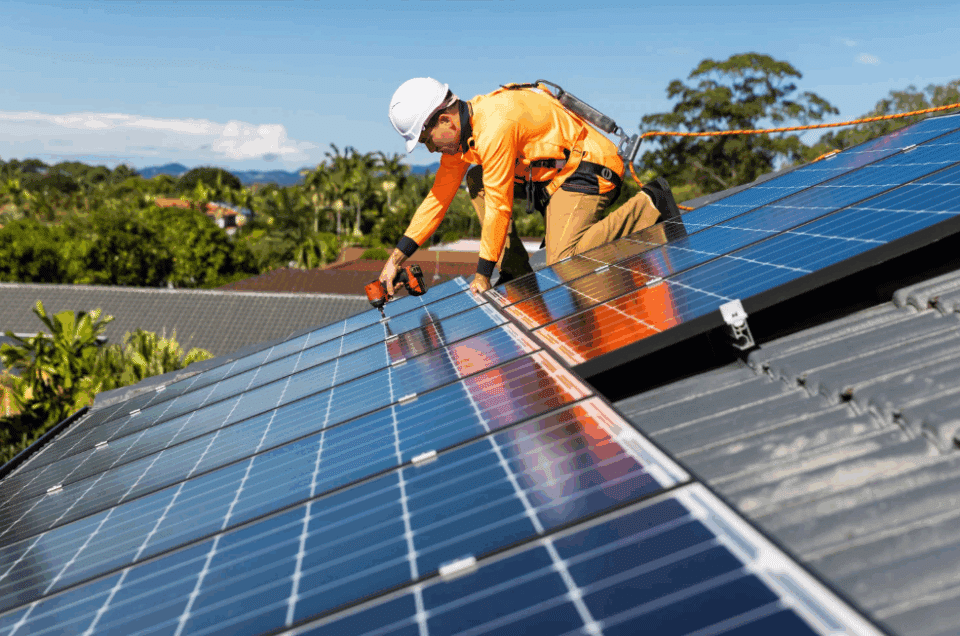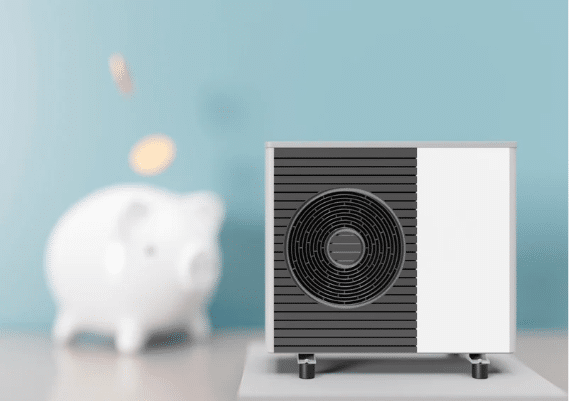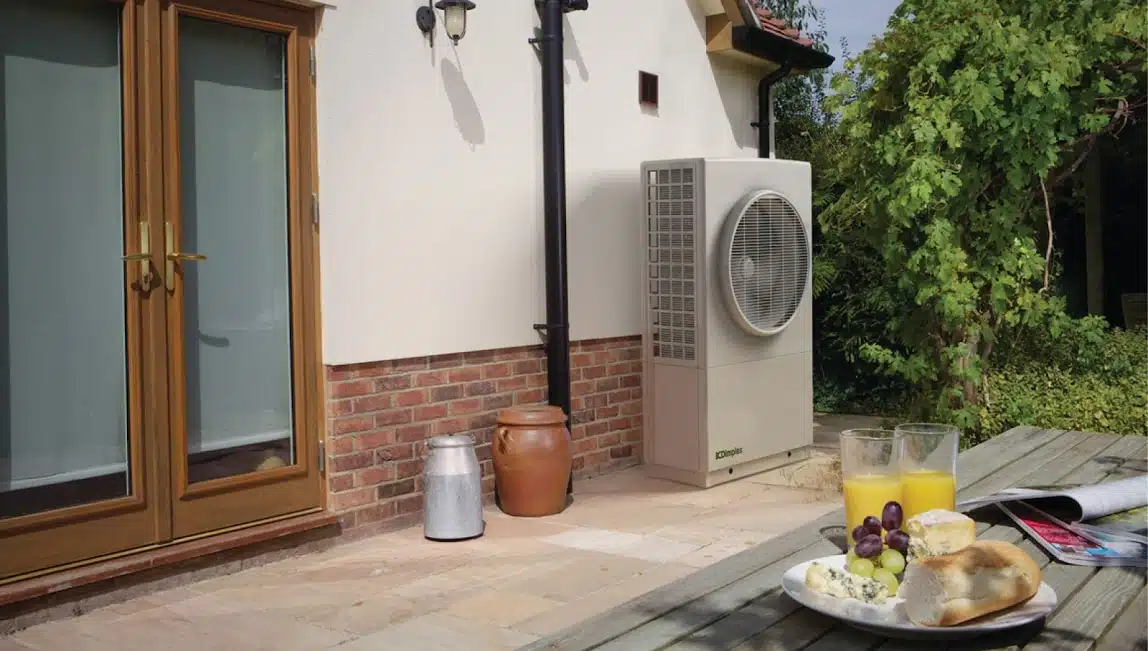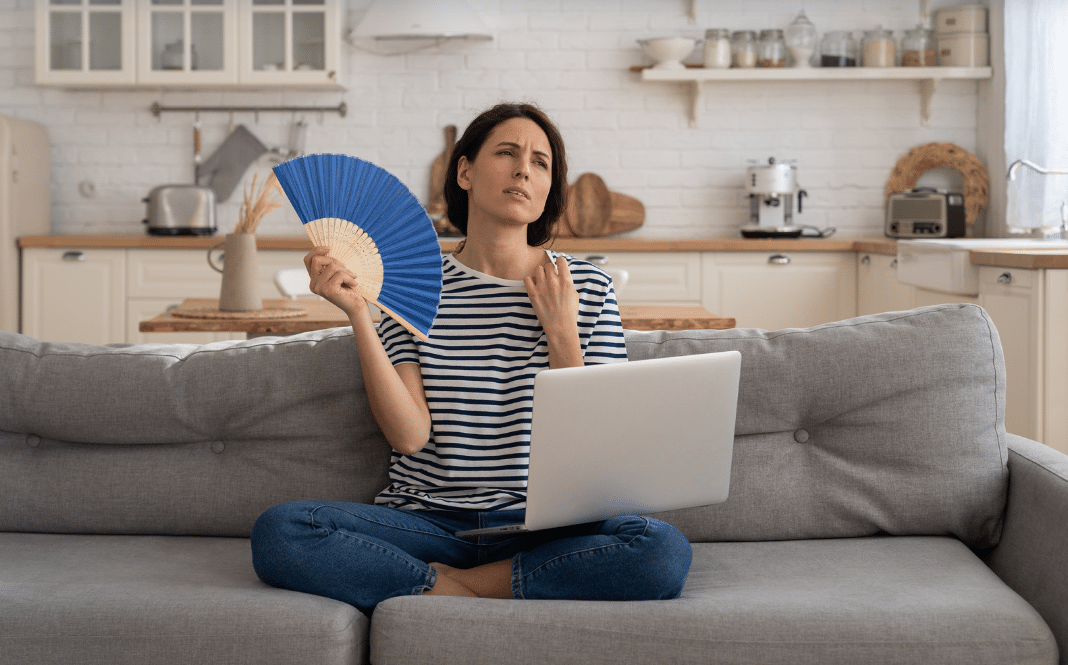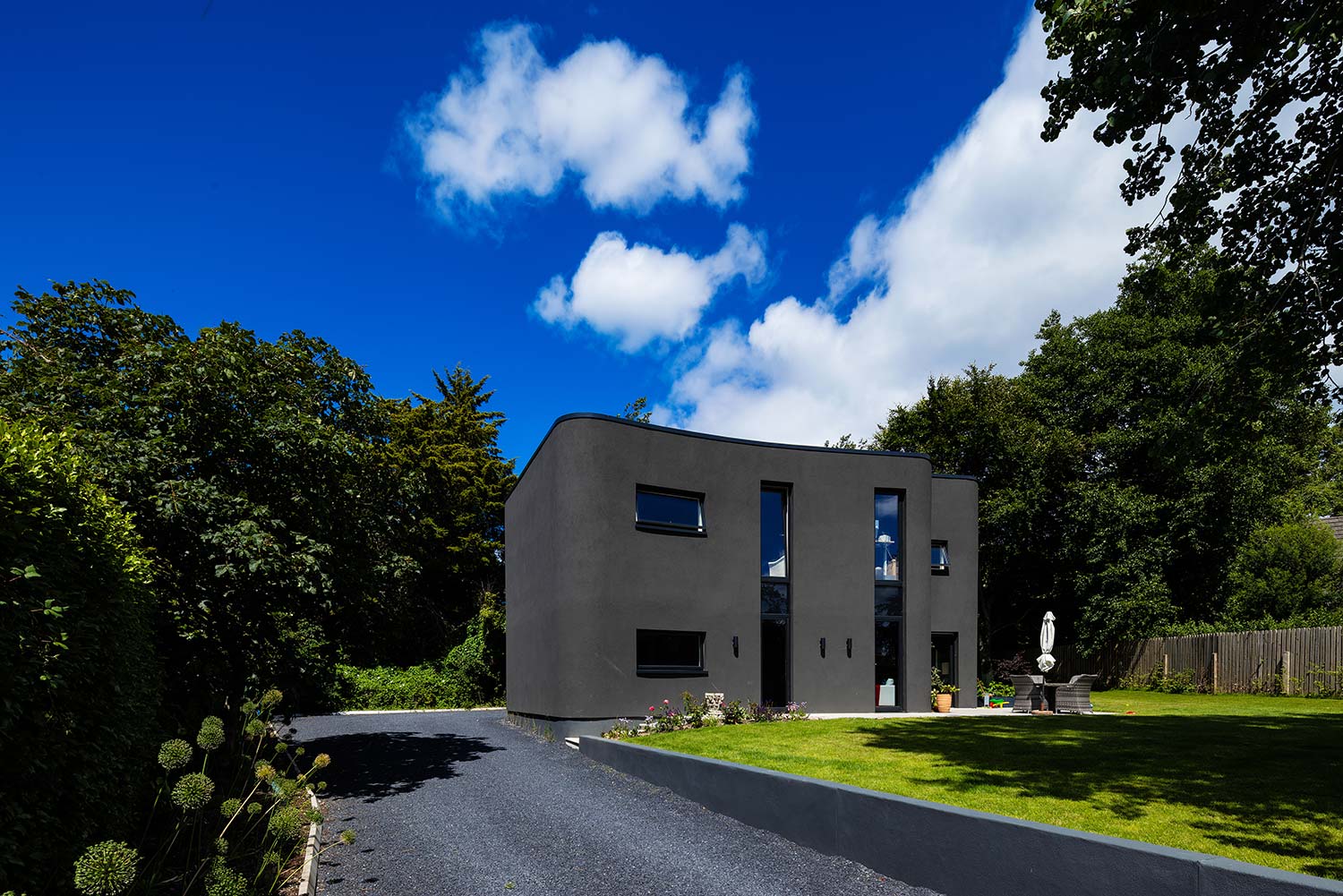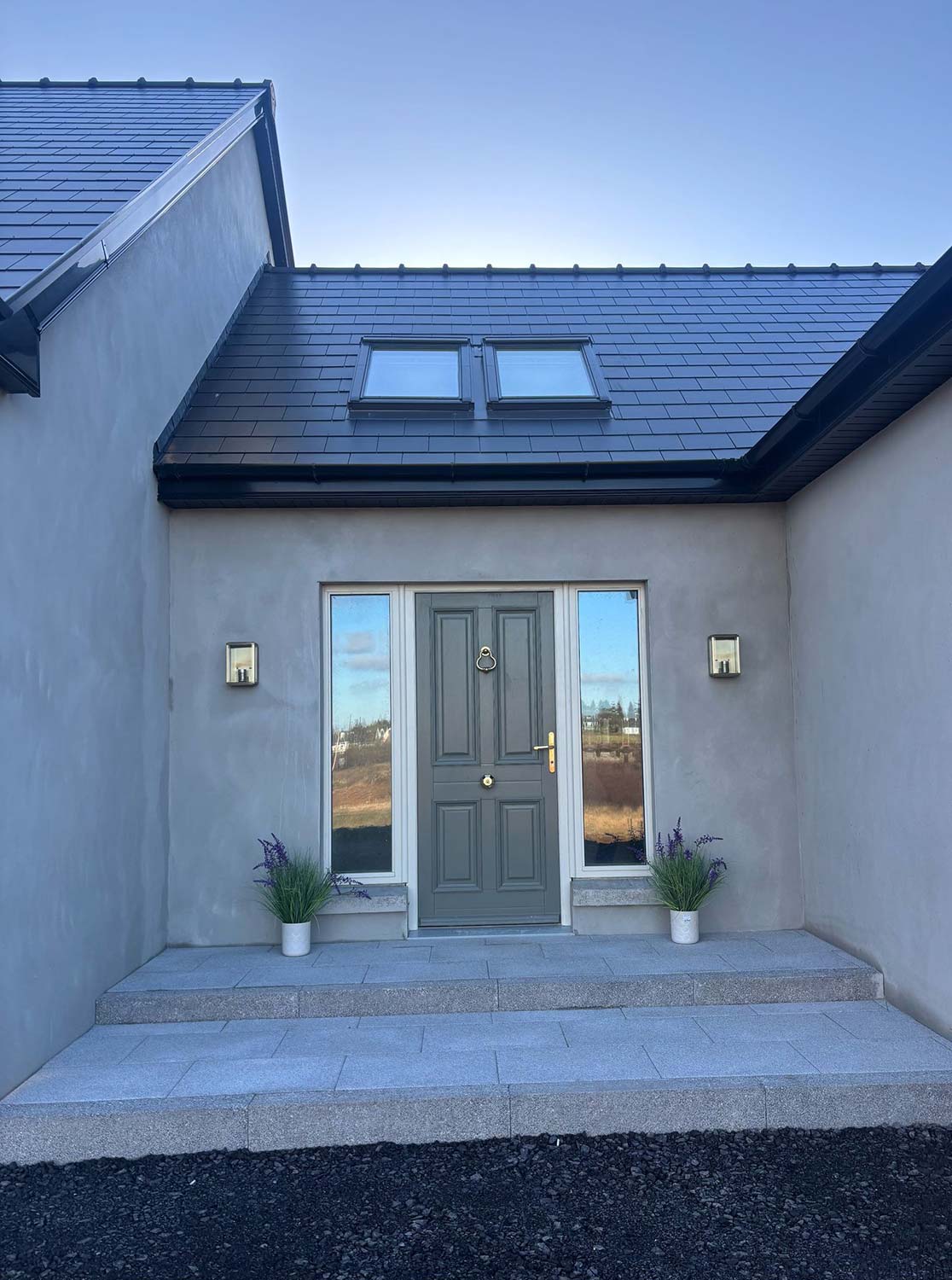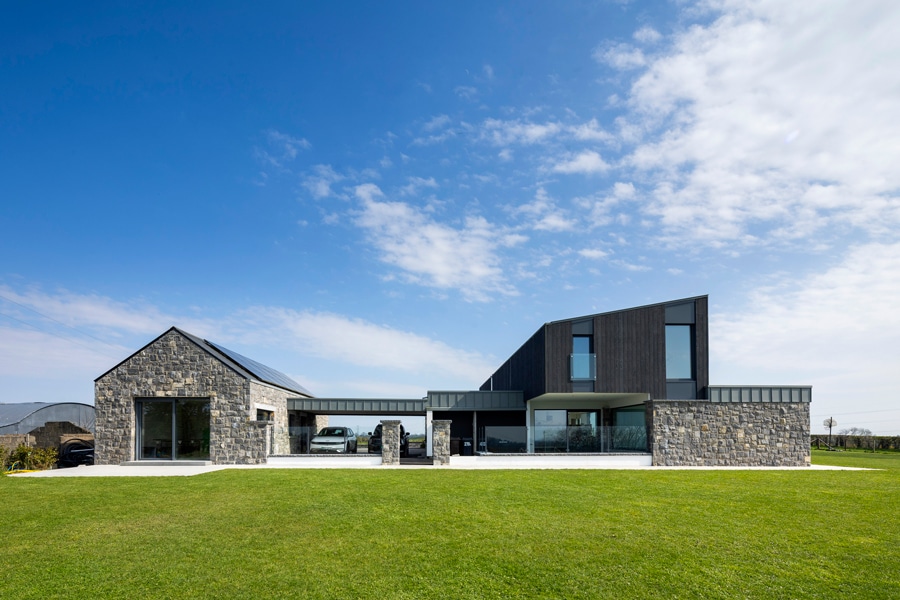In this article we cover:
- What is a heat pump
- Why it’s become de facto on new builds
- Heat pump efficiencies
- Capital costs vs return
- Are heat pumps worth it
As the ROI government announced a drop in the VAT rate on heat pumps, to 9 per cent, now is a good time to look at whether heat pumps are worth the investment.
The heat pump was invented in the mid 1800s for the purpose of drying salt, shortly after the invention of refrigeration, which is a similar concept but in reverse. The simplest analogy for a heat pump is a refrigerator, which is essentially a well insulated airtight box with a heat pump.
If you leave a fridge door open, the motor will run overtime and work very inefficiently. Similarly, heat pumps will be less efficient in poorly insulated leaky buildings, although many studies have shown that heat pumps are still the most efficient option for most domestic buildings, old and new.
Most issues related to the running costs of heat pumps have to do with poor installation, improper sizing and lack of knowledge of how to operate them. In Ireland’s temperate climate, a heat pump works one way, to transfer heat into the building. In climates where both heating and cooling are required, heat pumps can work to both transfer heat in and out of the building.
Counterintuitively, heat is present in air far below freezing, to under -270°C, also known as absolute zero or zero degrees Kelvin. A heat pump transfers heat from the outside air, even in freezing conditions, into your home.
It absorbs heat, evaporates the refrigerant at a low temperature, compresses the gas to squeeze the heat out, and releases it inside. This process moves heat rather than creating it and is a very efficient process.
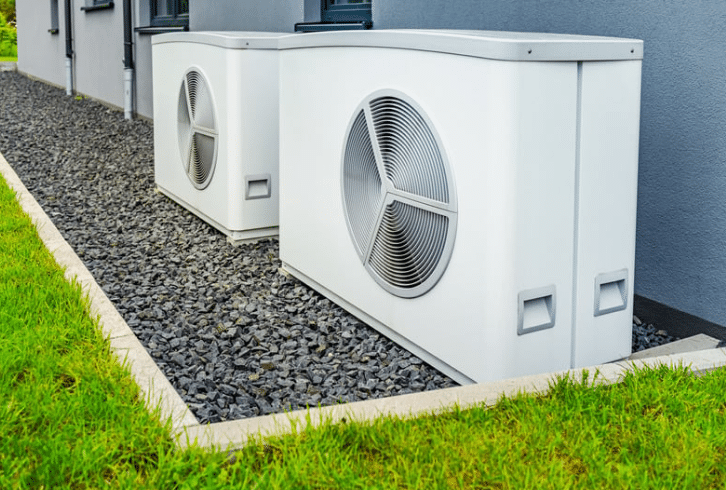
Efficiency
Creating heat has historically been very inefficient. The thermal efficiency of an open fire, the amount of energy used that gets converted into useful heat energy, can be as low as 10 per cent. A wood stove has an efficiency of about 75 percent.
A modern oil boiler can have an efficiency of over 95 per cent. In optimal conditions, heat pumps have an impressive thermal efficiency of up to 500 per cent, or a Coefficient of Performance (COP) of 5. Even in freezing conditions, heat pumps have a COP of 1.5 to 2.
Air source heat pumps can still be over 100 per cent efficient in conditions as low as -25°C and beyond. At these temperatures however, ground source heat pumps are recommended as they make use of the steady and predictable temperature below ground. Globally, ground temperatures a few metres down are stable; in Ireland they are roughly 11°C.
In colder climates, ground source heat pumps are more justified, and they are a great option generally, but the cost may be prohibitive. With Ireland’s mild temperate climate, air source heat pumps may be sufficient, especially with decreased costs and increased efficiencies in recent years.
In the long term, ground source heat pumps will likely be the most cost effective and pay for themselves after seven to 10 years. Air source heat pumps pay back in a shorter time but will have slightly higher running costs over time.
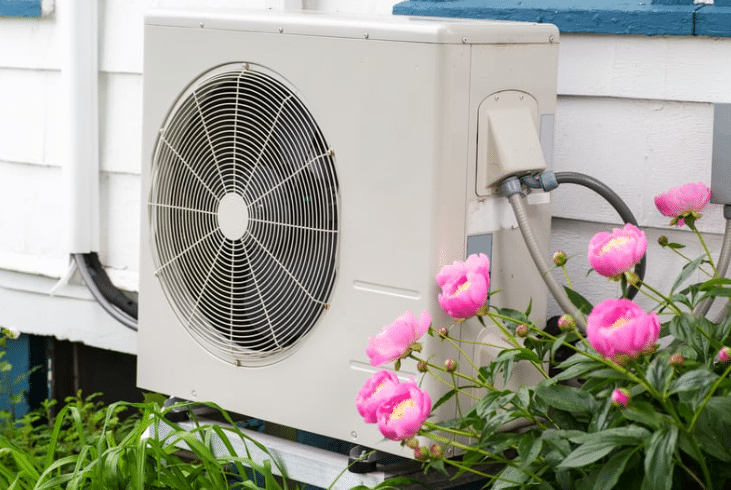
Bottom line – are heat pumps worth it?
Heat pumps aren’t a silver bullet solution to reduce energy use in buildings. Especially for new builds, it is more important to install insulation properly, specify high performance windows and doors, carefully address construction details and thermal bridging, and aim for maximum airtightness.
What is often overlooked in Ireland, is mechanical ventilation with heat recovery. This system ensures high indoor air quality and efficiently recovers heat from any source used to warm the home.
Addressing all these elements will significantly reduce the need for space heating to the point where hot water heating will become the primary heating demand. Simple, inexpensive electric heaters controlled by thermostats could suffice for space heating, thanks to low upfront and running costs from high quality construction.
It is also important to consider heat pumps for domestic hot water heating. Capital costs can be prohibitive, so the justification for heat pumps in very high quality builds is reduced if upfront costs are an issue. If the government are to incentivise the installation of heat pumps, it is the initial capital cost of purchase and installation that needs to be addressed.

